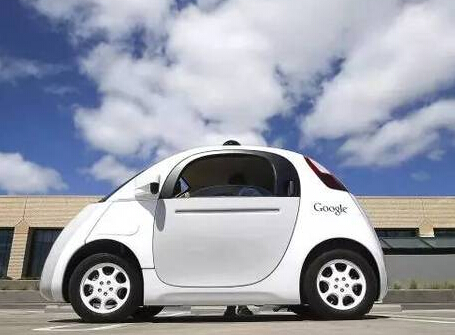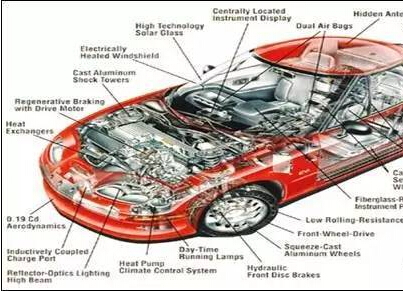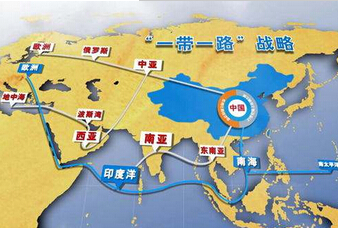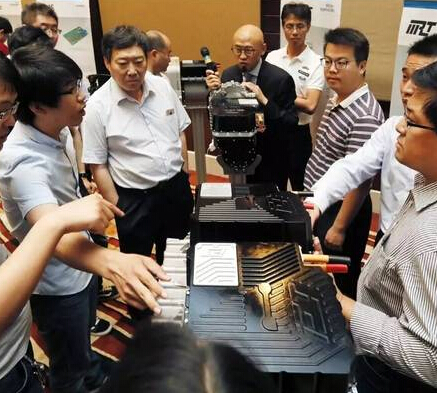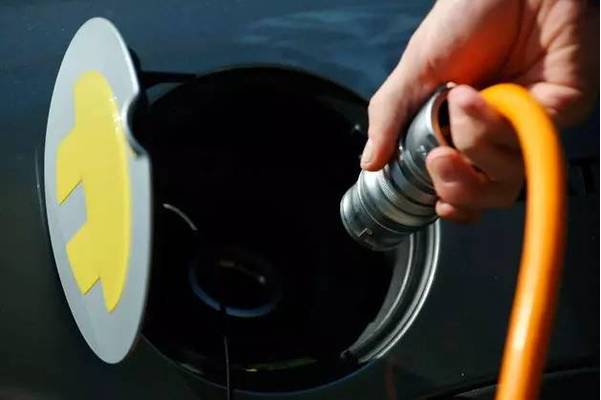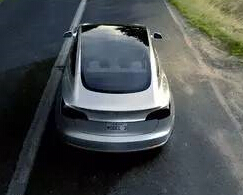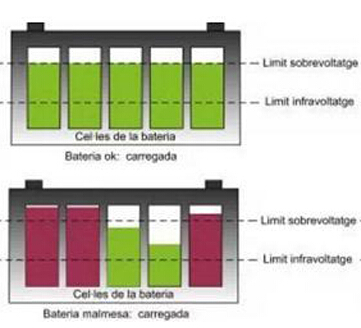As emission regulations become more stringent, and the development of electric vehicle technology. It's only a matter of time before the fuel car exits.
At present, because of the implementation of clean energy in Hainan Province, it is necessary to take a step faster. Therefore, Hainan Province has also become the first province in my country to issue a ban on the sale of fuel vehicles.
According to domestic media reports, at the press conference of the State Council Information Office held on the morning of June 8, Liu Cigui, secretary of the Hainan Provincial Party Committee, said that Hainan Province will no longer sell fuel cars by 2030.
At the press conference, he also said that the goal we set, by 2030, Hainan's PM2.5 is single digit. To this end, Hainan Province has formulated six major measures to protect Hainan's green water and green mountains.
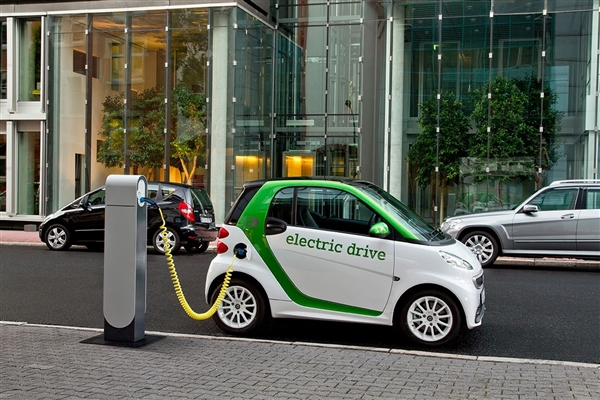
1. Hainan uses clean energy. By then, the whole island will use clean energy and become a clean energy island.
Second, no longer sell fuel cars by 2030.
3. From the end of 2020, Hainan will ban plastics, that is, the use of non-degradable plastic products, including plastic bags and plastic tableware, is prohibited.
4. Hainan has built more than 2,000 kilometers of LNG gas supply pipelines, and it is basically possible to replace wood with gas by 2030.
5. The state has approved the construction of a tropical rainforest park to ensure that the forest coverage rate in Hainan remains above 62% and to protect 4,400 square kilometers of tropical rainforest park.
Sixth, continue to renovate the human settlement environment, including the remediation of the coastal zone, the remediation of illegal buildings, and the remediation of black and smelly water bodies.
As a matter of fact, as early as 2018, Hainan stated that it would achieve universal island-wide adoption of new energy vehicles by 2030. In addition, this year, Hainan Province will promote more than 30,000 new energy vehicles, and more than 28,000 charging piles will be built.
At the same time, corresponding preferential policies for new energy car purchase subsidies and free parking charging were introduced to promote the development and popularization of new energy vehicles.
















 RCCN WeChat QrCode
RCCN WeChat QrCode Mobile WebSite
Mobile WebSite